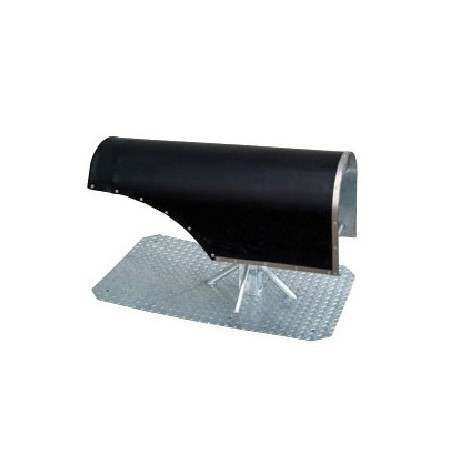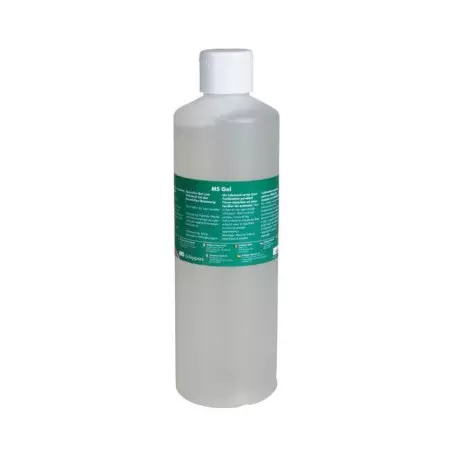We assessed whether vaccines administered to the uterus at breeding can lead to sufficient colostral antibodies to protect suckling piglets against Porcine Endemic Diarrhea Virus (PEDV). An antigen from Lawsonia intracellularis, a disease that impacts weanling intestinal health, was also included because we have extensive knowledge on the pig immune response to this antigen. Gilts were mock-bred at 2nd estrus with killed sperm including an intrauterine (i.u.) vaccine comprised of recombinant (r) PEDV Spike protein (rPEDVS1) and L. intracellularis flagellin (rFliC) formulated with poly I:C, host defense peptide, and polyphosphazene (TriAdj). Gilts returned to estrus within 3 weeks and they were inseminated with killed sperm (3rd estrus) or live sperm (4th estrus) with rPEDVS1-TriAdj vaccine. They also received an i.m. injection of rFliC-TriAdj at 3rd and 4th estrus to establish whether i.u. vaccination primes systemic immunity without inducing mucosal tolerance. Control gilts were administered semen alone at 2nd estrus which allowed us to compare litter weights and sizes to industry standards. Colostrum from gilts challenged with low dose PEDV plus alum was used as positive reference samples for neutralizing antibodies and passive protection.
Thirteen weeks later, the i.u.-vaccinated gilts showed significant PEDVS1-specific serum, colostral, and uterine antibody titers and colostral PEDVS1-neutralizing antibodies but poor cell-mediated immunity. Piglets born to i.u. vaccinated gilts received partial passive protection from PEDV infection 3 days after birth but eventually succumbed to the disease. Immunization by the i.u./i.m. route triggered significant anti-FliC cell-mediated immunity and colostral FliC antibodies that remained high in weaned piglet serum. This trial and a repeat trial wherein gilts were immunized at 1st estrus without semen and at 2nd estrus with live semen showed that intrauterine immunization did not impact fertility, number of live births or piglet growth kinetics.

Further optimization is needed to promote robust passive protection in suckling offspring.
Choudhary P, Fourie KR, Ng S, Hamonic G, Bérubé N, Popowych Y, Wilson HL. Intrauterine immunizations trigger antigen-specific mucosal and systemic immunity in pigs and passive protection in suckling piglets. Vaccine. 2021; 39(42): 6322-6332. https://doi.org/10.1016/j.vaccine.2021.08.080








